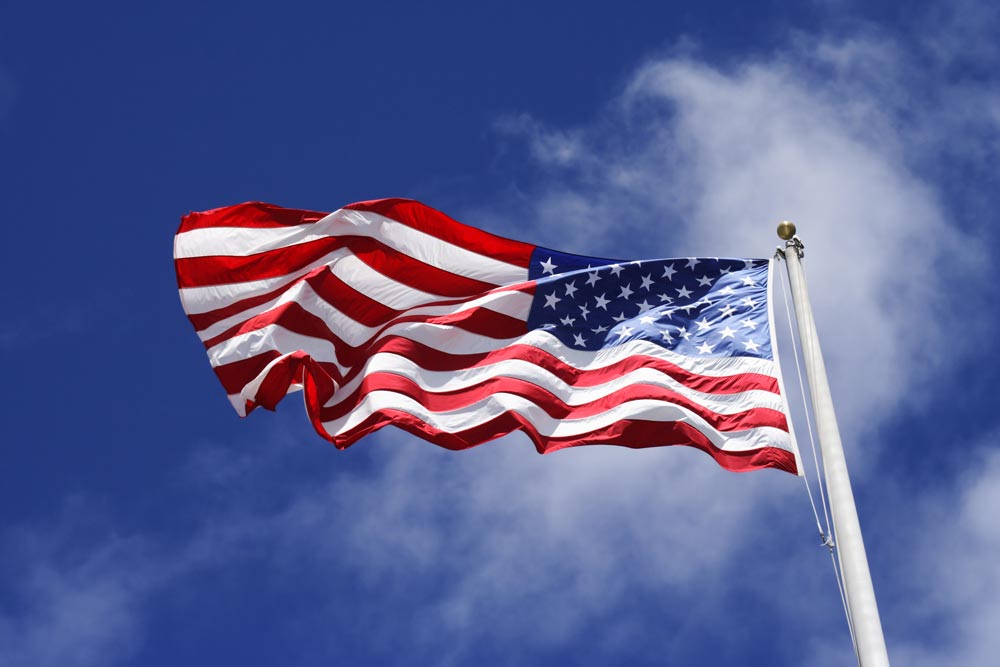What Is Freedom?
Freedom is the power or right to act, speak, or think as one wants without hindrance or restraint, and the absence of a despotic government.
Here are the freedoms guaranteed by the First Amendment to the United States Constitution: “Congress shall make no law respecting an establishment of religion, or prohibiting the free exercise thereof; or abridging the freedom of speech, or of the press; or the right of the people peaceably to assemble, and to petition the Government for a redress of grievances.”
Freedom of the press prohibits the government from interfering with the printing and distribution of information or opinions. It can be limited by libel and copyright laws, and it doesn’t include the act of news gathering.
Freedom of assembly, sometimes used interchangeably with the freedom of association, is the individual right to come together and collectively express, promote, pursue and defend common interests. The right to freedom of association is recognized as a human right, a political freedom and a civil liberty. This freedom can be limited by laws that protect public safety.
Freedom of expression includes freedom of speech, of the press, of association, of assembly and petition. This freedom doesn’t extend to expression that defames, causes panic, creates fighting words, incites people to crime, creates sedition, or is obscene.
Freedom of speech is the right of people to express their opinions publicly without governmental interference. The right doesn’t extend to hate speech, advertising, child pornography, and a few other instances.
Freedom of religion is the freedom of an individual or community, in public or private, to manifest religion or belief in teaching, practice, worship, and observance. This right extends to any religious belief, but not in the practice of all religious activities (for example, ones that involve breaking other laws).
Get the world’s most fascinating discoveries delivered straight to your inbox.
Related:
 Live Science Plus
Live Science Plus






